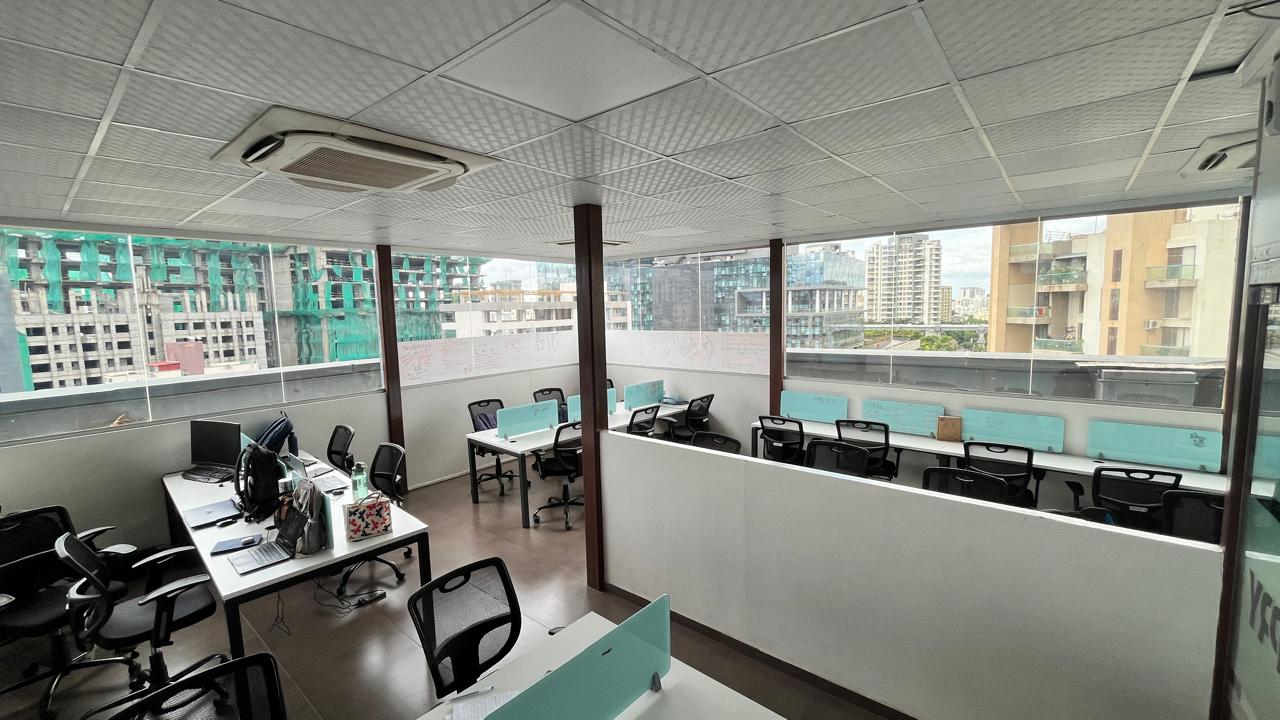The Benefits of Natural Sunlight in Office Spaces: Boost Health & Productivity by Combating Vitamin D Deficiency
In the hustle and bustle of modern life, many of us spend significant portions of our day indoors, particularly in office settings. While these environments are designed for productivity and efficiency, they often lack one crucial element: natural sunlight. The absence of natural light not only affects our mood and productivity but also profoundly impacts our health, particularly concerning vitamin D deficiency.
Closed Offices
Closed offices, with limited natural light and poor exposure to sunlight, are increasing Vitamin D deficiency among workers. Vitamin D is crucial for bone health and immune function and is primarily synthesised in the skin through sunlight exposure. However, many modern office environments rely heavily on artificial lighting and are often windowless or have inadequate access to sunlight. This lack of exposure to natural light can lead to insufficient Vitamin D production, increasing the risk of deficiencies. Employees spending prolonged hours in such environments may suffer from health issues like weakened bones, impaired immune function, and increased susceptibility to illnesses.
Open Office Culture
Open office culture along with thoughtful architectural design, can significantly enhance Vitamin D synthesis for employees spending long hours indoors. Unlike closed offices, open spaces often feature large windows, skylights, and transparent partitions, allowing ample natural light to penetrate the work environment. This exposure to sunlight is crucial for Vitamin D production. Additionally, open office layouts encourage movement and flexibility, prompting employees to change locations and potentially spend more time near natural light sources.
Moreover, open office designs can incorporate outdoor spaces, such as terraces, balconies, or courtyards, providing workers with easy access to sunlight during breaks or meetings. These features not only promote Vitamin D synthesis but also enhance overall well-being by encouraging regular breaks and reducing the feeling of confinement often associated with traditional office settings.
Integrating Natural Sunlight
Integrating natural sunlight into office spaces is a simple yet effective way to promote health and well-being among employees. By addressing vitamin D deficiency and improving overall productivity, businesses can create a more vibrant and sustainable work environment. As we continue to prioritize employee wellness, the role of natural light in our daily lives should not be underestimated.
Employers can further support this by promoting outdoor activities or flexible work hours that align with peak sunlight periods. By creating a workspace that maximizes natural light exposure and encourages outdoor activities, an open office culture can help mitigate the risk of Vitamin D deficiency and contribute to a healthier, more productive workforce.

The PowerPoint Co-Working Space is dedicated to creating an environment that maximizes natural sunlight and fosters an open work culture. Our centres are designed with large windows, transparent partitions, and open layouts to ensure abundant daylight reaches every corner. This not only enhances Vitamin D synthesis but also boosts mood and productivity. The emphasis on an open work culture encourages collaboration, flexibility, and a sense of community among members. By integrating these elements, PowerPoint Co-Working Space provides a vibrant and healthy workspace that supports the well-being and creativity of its users.

